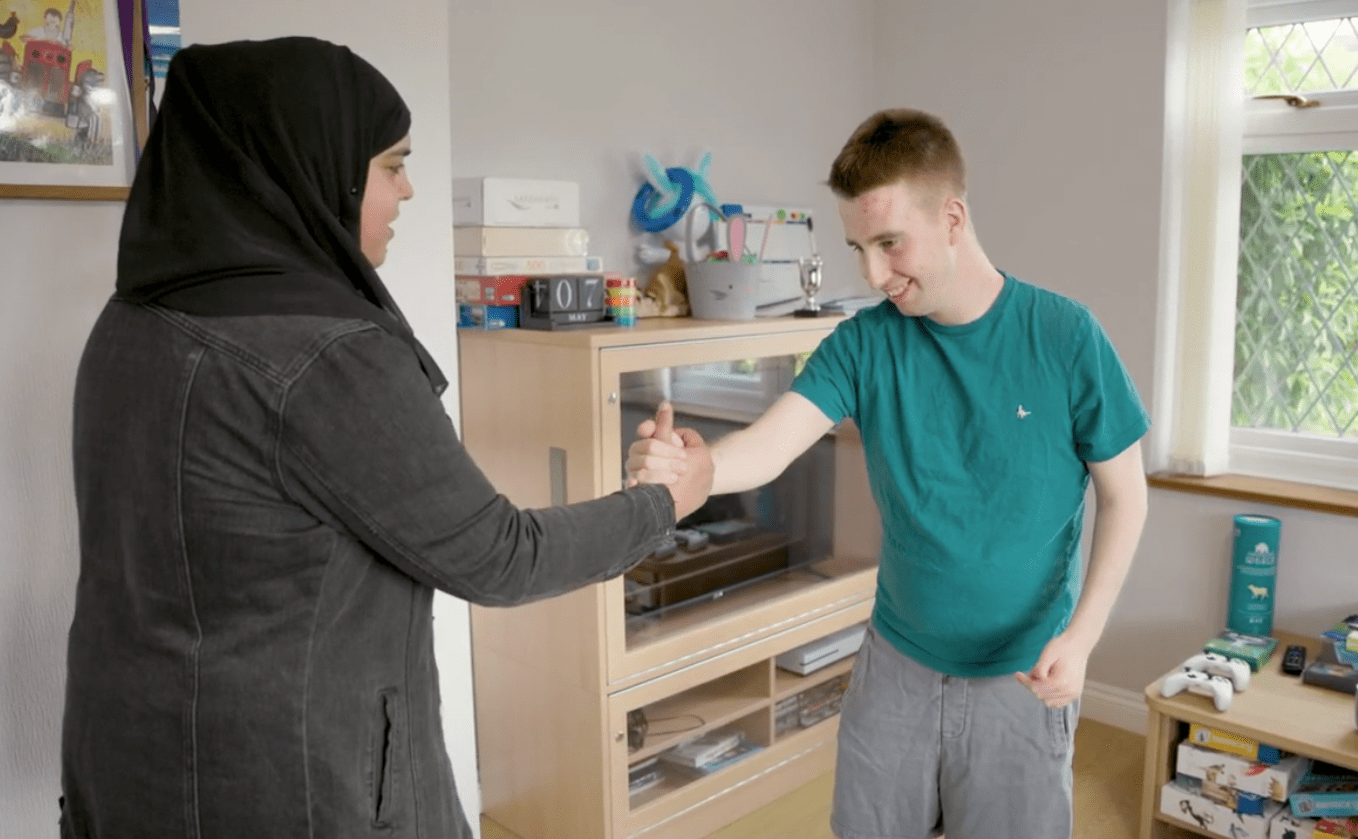More Than a Payslip
Care work is often described as one of the most rewarding professions, but it is also one of the most misunderstood. For many people entering the sector, the motivation goes far beyond financial reward. It is about making a difference, building meaningful relationships, and creating positive change in people’s lives.
The Human Connection
At the heart of autism care is human connection. Supporting autistic adults with high support needs requires patience, empathy, and resilience. But it also brings moments of joy, pride, and achievement, whether it is helping someone develop new independence skills, celebrating a milestone, or simply being part of everyday life.
Research shows that care staff who find purpose in their role are more engaged, more resilient, and more likely to stay in the profession long term. This sense of meaning is often cited as one of the strongest motivators for choosing and staying in care.
Skills That Make a Difference
Care work is a highly skilled profession, even if it is not always recognised as such. Staff develop expertise in areas like positive behaviour support, communication strategies, safeguarding, and person-centred planning. These skills not only support individuals in their daily lives but also contribute to wider community inclusion and wellbeing.
Crucially, these are transferable skills that build confidence and open up opportunities for career progression, whether within residential services, management, training, or specialist roles.
Creating Careers, Not Just Jobs
For the sector to thrive, providers must go beyond filling vacancies. Care must be seen as a career pathway, not simply short-term employment. This means offering:
- Ongoing training and professional development, to ensure staff feel skilled and valued.
- Clear progression opportunities, from frontline support to leadership roles.
- Supportive cultures, where wellbeing is prioritised and staff feel part of a team.
- Recognition and respect, for the expertise staff bring to their work.
By embedding these principles, care organisations can attract passionate people, retain experienced staff, and strengthen the quality of support offered to individuals and families.
Voices From the Workforce
Across the sector, staff often describe the sense of pride they feel in their work. Many talk about the bonds they form with the people they support, and how those relationships shape their own lives in return.
Some highlight the progression opportunities they have had, moving from support roles into management or specialist practice, while others value the stability of staying in a role where they feel fulfilled.
These voices matter, because they highlight that autism care is not just about what staff give, but also about what they gain: purpose, belonging, and professional growth.
Looking Ahead: Valuing Care as a Profession
The future of social care depends on recognising and valuing the workforce. By reframing care work as a purposeful, skilled career, the sector can attract the right people, reduce turnover, and create a culture where both staff and the individuals they support can flourish.
The message is clear: autism care work is not “just a job”. It is a career with purpose, dignity, and impact.
Join the Conversation
If you would like to explore how a career in autism care can make a difference, to the people you support and to your own professional journey, the conversation is open. Every story of purpose helps strengthen the recognition of care as one of society’s most vital professions.




